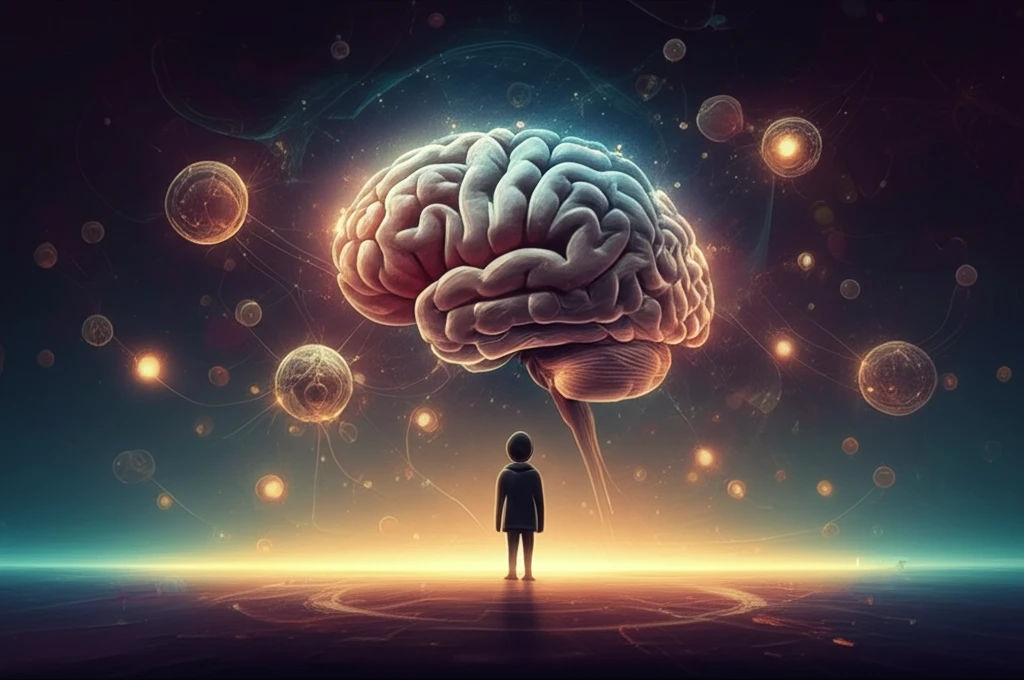
Supporting Young Cancer Survivors: How Neuropsychological Assessments Can Help
"Early detection and intervention are crucial for children at risk of cognitive deficits after cancer treatment."
In recent years, there's been a significant increase in the number of children surviving cancer. This is fantastic news, but it also means we're learning more about the long-term effects of the disease and the treatments these kids undergo.
Studies have shown that treatments like radiation and chemotherapy, along with the location of the tumor itself, can affect the white and gray matter in a child's brain. This can lead to cognitive and behavioral issues, highlighting the need for careful monitoring and support.
This article aims to shed light on the tools and methods used in neuropsychological assessments for children who've had cancer. Because some challenges might not surface until years later, it's essential to conduct thorough, ongoing evaluations to catch and address any difficulties early on.
Why Early Neuropsychological Assessment is Key for Children with Cancer

Unlike adults, where brain damage often results in a loss of existing functions, in children, it can disrupt the development of new skills. This makes it crucial to monitor their progress and provide support as needed.
- Early Identification: Neuropsychological assessments can detect subtle cognitive deficits that might not be apparent through regular observation.
- Personalized Interventions: These assessments provide a detailed understanding of the child's strengths and weaknesses, allowing for tailored interventions.
- Improved Long-Term Outcomes: Early interventions can help mitigate the long-term impact of cognitive deficits, improving the child's quality of life.
- Academic Support: Neuropsychological data can inform educational strategies and accommodations to support the child's learning.
The Path Forward: Comprehensive Support for Young Cancer Survivors
Children with brain tumors or leukemia often require treatments that can affect brain development. Early and ongoing neuropsychological assessment is crucial for identifying and addressing any resulting cognitive and behavioral challenges. By providing comprehensive, interdisciplinary care, we can help these children thrive and reach their full potential, despite the difficulties they may face.
